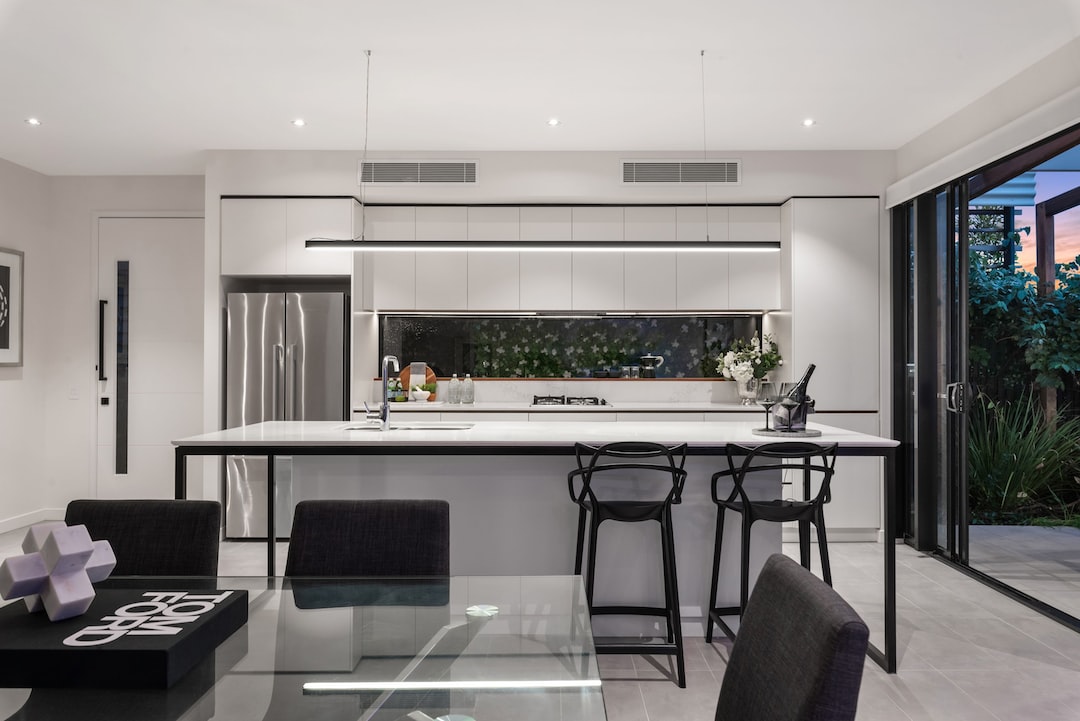Deciding whether to rent or buy a home is a significant financial choice that can have long-lasting implications on your lifestyle and financial stability. While both options have their advantages and disadvantages, it is essential to evaluate your circumstances and priorities before making a decision. In this blog post, we will explore the pros and cons of renting versus buying a home, helping you make an informed choice.
Let’s begin with the advantages of renting. Firstly, renting provides flexibility. Renters have the freedom to relocate more easily, which can be particularly advantageous for individuals who frequently change jobs or prefer a nomadic lifestyle. Furthermore, renting eliminates the responsibility of homeownership, where maintenance and repairs are the landlord’s responsibility. This not only saves you time but also frees you from bearing the financial burden of unexpected repairs.
Another major advantage of renting is affordability. Renting often requires a lower upfront cost compared to buying a home. While homeowners typically need to make a down payment and secure a mortgage, renters only need to pay a security deposit and monthly rent. Additionally, renting allows you to avoid expenses such as property taxes, homeowners insurance, and sometimes even utility bills, which can help you budget more effectively.
On the other hand, homeownership also offers several benefits worth considering. Building equity is perhaps the most significant advantage of buying a home. By making mortgage payments, you gradually increase your ownership stake in the property, which can lead to substantial financial gain in the long run. When you rent, your monthly payments vanish into thin air, leaving you with no ownership.
Owning a home also grants you the opportunity to customize and personalize your living space according to your preferences. Whether it’s painting the walls, remodeling the kitchen, or landscaping the backyard, homeowners have the freedom to make modifications without seeking permission from a landlord. This level of control over your living environment can contribute to a stronger sense of belonging and stability.
Another advantage of homeownership is stability. Rent prices are subject to change, often increasing annually, while homeowners can enjoy the stability of a fixed mortgage payment (if they opt for a fixed-rate mortgage). Moreover, owning a property provides a sense of permanence, allowing you to establish roots in a community and create social connections.
While owning a home has its merits, it is crucial to consider some disadvantages as well. Firstly, homeownership typically requires a substantial upfront investment. Accumulating enough funds for a down payment can be challenging for some individuals, especially first-time homebuyers. Additionally, when you own a home, you are responsible for all maintenance and repair expenses, which can be costly and time-consuming.
In certain circumstances, renting may also be a wiser choice from a financial standpoint. For instance, if you live in an area with a competitive housing market and high property values, renting might be more affordable than buying. In such cases, renting allows you to allocate your funds towards other financial goals, such as saving for retirement or starting a business.
To summarize, the decision between renting and buying a home depends on various factors such as your financial situation, lifestyle, and long-term goals. Renting offers flexibility, lower upfront costs, and freedom from maintenance, while homeownership provides stability, the opportunity for equity accumulation, and control over your living space. Assessing your priorities, considering your financial capabilities, and consulting with experts can help you make an informed decision that aligns with your needs and aspirations.

